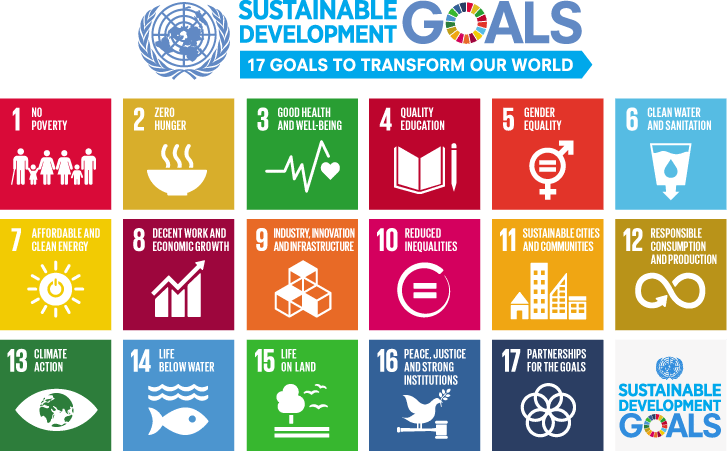Faculty who incorporate sustainability into their teaching offer students who would not normally learn about the field a chance to gain new, important knowledge. Because of its broad nature, sustainability pairs well with many disciplines. Below is five ways to incorporate sustainability into your courses and any associated resources you may need.
Define and Discuss Sustainability
Penn State defines sustainability as “the simultaneous pursuit of human health and happiness, environmental quality, and economic well-being for current and future generations.”
The United Nations defines sustainability as “Meeting the needs of the present without compromising the ability of future generations to meet their own needs.”
Both of these definitions focus on the three pillars of sustainability:
- Social
- Economic
- Environmental
Sustainability is more than just the natural environment. An expansive view on sustainability should address:
- Inequality
- Poverty
- Human and Animal Rights
- Injustice
- Resource Management
- Development
- Education
- Health and Wellbeing
- Climate Action
Additional Resources
Add a Land Acknowledgement Statement to Your Syllabus
In collaboration with the Indigenous Peoples Student Association (IPSA) and the Indigenous Faculty and Staff Alliance (IFSA):
The Pennsylvania State University campuses are located on the original homelands of the Erie, Haudenosaunee (Seneca, Cayuga, Onondaga, Oneida, Mohawk, and Tuscarora), Lenape (Delaware Nation, Delaware Tribe, Stockbridge-Munsee), Shawnee (Absentee, Eastern, and Oklahoma), Susquehannock, and Wahzhazhe (Osage) Nations. As a land grant institution, we acknowledge and honor the traditional caretakers of these lands and strive to understand and model their responsible stewardship. We also acknowledge the longer history of these lands and our place in that history.
How is this sustainability?
Sustainability requires more than just teaching about the natural environment; it includes teaching for justice and equity. A land acknowledgement statement is a first step in recognizing the past, present, and future Indigenous peoples of Pennsylvania and their land, which we live, teach, and learn on.
Additional Resources
Teach the Sustainable Development Goals
The United Nations has agreed on 17 Sustainable Development Goals (SDGs) to achieve a sustainable future. These goals encompass the social, environmental, and economic pillars addressed above. Sign the #TeachSDGs pledge to commit to these goals.

Additional Resources
Add Sustainability at Multiple Levels
The social, environmental, and economic issues around climate change and sustainability are relevant for all disciplines in the College of the Liberal Arts. Each of the topics below can be incorporated as class examples, case studies, or even whole units.
Social and Environmental Justice
- Race and the environment
- Colonialism and land sovereignty
- Gender, sex, and the environment
- Pollution, poverty, and health disparities
- Access to land, water, and food
- Natural disaster impacts and relief
- Environmentalism and privilege
Environmental Humanities
- Read and discuss environmental literary classics
- Add literature by BIPOC authors to the reading list
- Explore the role of music in the environmental movement
- Understand the role of language for relating to nature
- Climate change and art
- Environmental history
Social Sciences and the Environment
- Greenwashing and green consumerism
- Doughnut economics
- Climate change and mental health
- Public policy
- Politics surrounding climate change
- Sociology and climate change
- Psychology of sustainability
Communicate Climate Science Effectively
Follow the IPCC’s 6 Communications Principles:
- Be a confident communicator
- Talk about the real world, no abstracts
- Connect with what matters to your students
- Tell human stories
- Lead with what you know
- Use effective visual communication
In Class Activities
Climate Anxiety Resources
Additional Resources
- How to Talk About Climate Change So People Will Listen
- TED: 3 Strategies for Effectively Talking about Climate Change
- Climate Change from the Economic Point of View
- Debunking 13 Myths About Global Warming
- Climate Literacy and Energy Awareness Network
- Penn State Climate and Sustainability Ethics Initiative
- YouTube: Ecological Reparation Discussion Series